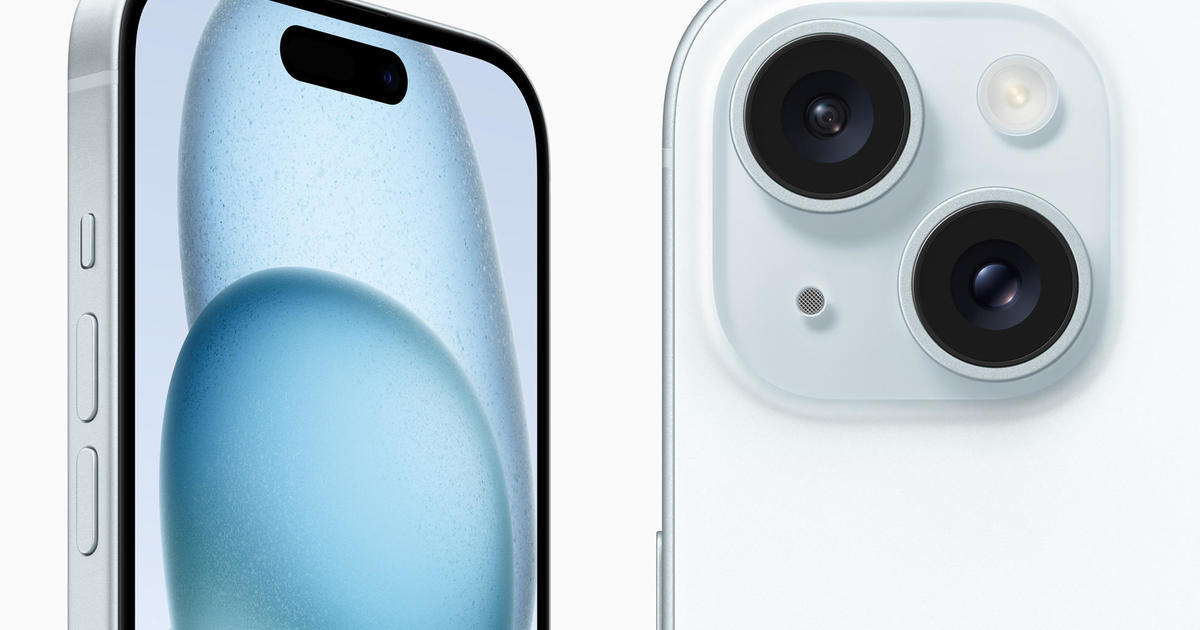Debate Erupts: Is the Customer a Sovereign or Subservient in Pursuit of the iPhone 15?

Debate Erupts: Is the Customer a Sovereign or Subservient in Pursuit of the iPhone 15?
In a recent social media post, Gujarat MLA Jignesh Mevani ignited a thought-provoking discussion surrounding the customer’s position in the ever-evolving world of consumerism. His remarks were prompted by the astonishing sight of people queuing for up to 17 hours in Mumbai to lay their hands on the coveted iPhone 15. Simultaneously, in Delhi, tensions flared at an iPhone store, resulting in physical altercations between customers. Mevani’s question, “Is the customer really a king or a slave to a brand?” delves deep into the complex relationship between consumers and the products they desire.
Consumerism in the 21st century has undeniably transformed the way individuals interact with brands. The iPhone, an iconic symbol of technological prowess, has amassed a cult-like following since its inception. But as Mevani’s tweet suggests, the pursuit of these gadgets has raised crucial questions about the power dynamic between consumers and corporations.
The allure of the latest iPhone is undeniable. It’s a testament to human fascination with cutting-edge technology, sleek design, and the desire for status. However, the lengths to which some individuals go to acquire this status symbol have left many pondering whether they have become slaves to the brand.
In Mumbai, the scene outside Apple stores was nothing short of surreal. Hundreds of customers camped out overnight, enduring uncomfortable conditions, all in the name of securing an iPhone 15. The question arises: are these individuals exercising their consumer power by making a choice, or are they blindly following the trends set by Apple, ultimately becoming subservient to the brand’s marketing strategies?

Delhi witnessed a different facet of this frenzy. A dispute between customers at an iPhone store escalated to physical violence, prompting Mevani to emphasize the need for a “course correction” in our approach to consumerism. Such incidents reveal the darker side of consumer obsession, where individuals are willing to engage in conflict to obtain a product.
To understand the complexities of this issue, we must acknowledge the power dynamic at play. Brands like Apple invest heavily in marketing and product development, creating a sense of desirability that draws consumers in. But does this mean consumers have surrendered their autonomy, becoming powerless in the face of marketing tactics?
Psychological factors come into play here. The desire to own the latest iPhone may stem from a multitude of influences, including peer pressure, the need for social validation, or simply a genuine appreciation for technology. As such, consumers may feel compelled to queue for hours or engage in disputes to satisfy these desires.
However, the responsibility does not lie solely with consumers. Brands have a duty to maintain ethical marketing practices, ensuring that they do not exploit their customers’ desires. The perception of exclusivity and urgency, often created by limited product releases and marketing strategies, can inadvertently encourage unhealthy consumer behavior.

So, where does the balance lie? Can a customer truly be considered a king when they are willing to endure discomfort and even conflict for a product? Or have they become slaves to the allure of the brand?
In the end, it’s a question with no easy answer. The relationship between consumers and brands is multifaceted and constantly evolving. What is clear, however, is that this debate serves as a reminder of the need for mindfulness in the world of consumerism. While the desire for the latest and greatest products is natural, it should not come at the cost of one’s well-being or ethical principles.
As we navigate the ever-expanding landscape of consumerism, it is essential to remember that the power ultimately lies with the consumer. It is their choices that shape the market, and it is their ability to discern between genuine desire and external influence that will determine whether they are kings or slaves in the realm of consumption.
Consumer behavior is a fascinating study in the modern age. In the pursuit of the iPhone 15, we witness not just the desire for a piece of technology but the very essence of human aspiration. It’s a reflection of the innate human tendency to seek progress, be it in the form of innovative gadgets or status symbols. The iPhone, with its regular updates and innovations, presents a tangible symbol of this constant quest for advancement.
Yet, as the events in Mumbai and Delhi highlight, this pursuit is not always smooth sailing. It raises questions about the values that drive us as consumers and the impact of our choices on society. Are we, as consumers, prioritizing material possessions over human connections and well-being? Is the status symbol of an iPhone worth the time and energy invested, or could those resources be better channeled into more meaningful endeavors?

Moreover, the incidents underscore the importance of self-awareness and self-control in the face of consumerism. As consumers, we must strike a balance between our desires and our well-being. It’s vital to assess whether the latest gadget genuinely enhances our lives or merely serves as a fleeting source of gratification. In doing so, we regain agency over our choices and can truly embody the role of a discerning “king” in the consumer landscape.
In conclusion, the debate sparked by Jignesh Mevani’s tweet reminds us that the relationship between consumers and brands is a complex interplay of desire, marketing, and societal pressures. While the allure of products like the iPhone 15 is undeniable, it’s crucial to maintain a sense of perspective and self-control. The power of the consumer lies not just in their ability to make choices but in their capacity to make informed, meaningful choices that align with their values and well-being. In this ever-evolving world of consumerism, striking that balance is the key to ensuring that the customer remains a sovereign rather than a subservient in the realm of brands and products.




